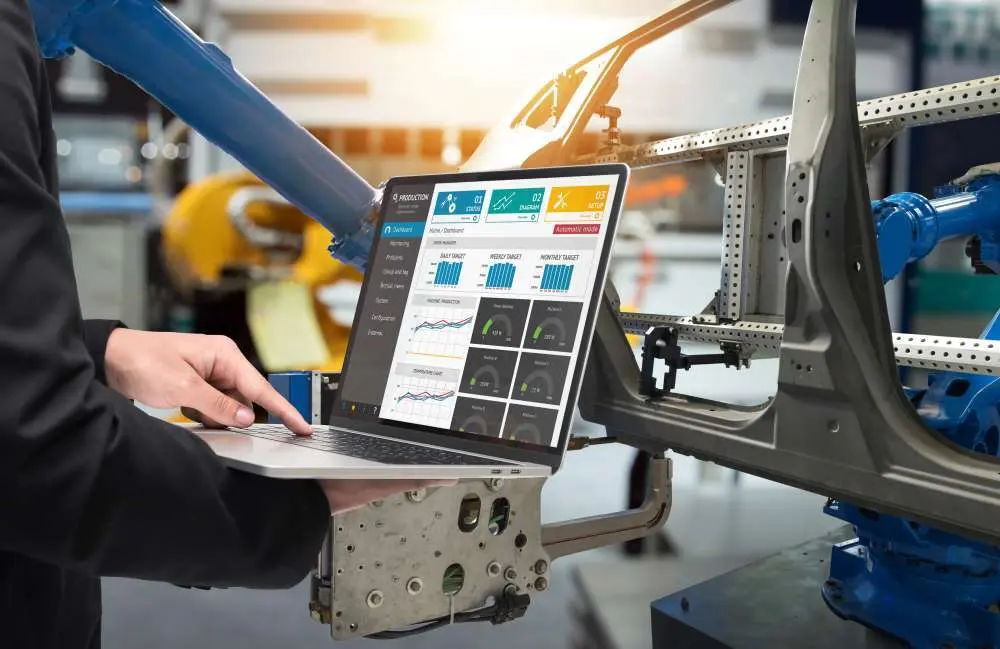Big Data already has led to major changes in manufacturing. However, the process is far from over.
With advances both in the use of Big Data and the capabilities of machine learning, manufacturers continue to look for ways to leverage data analysis and improve operations.
In addition to automating many of the processes once handled by humans, manufacturers also use data analysis to understand complex manufacturing processes. This helps identify areas of improvement and leads to more efficient operations and improved products.
But what are the ways Big Data will impact manufacturing in the near future? The following seem likely answers to that question.
Big Data Provides More Flexibility
The availability of data already has started to transform even the classic idea of a “manufacturing plant.” Many large plants now are being segmented into smaller, more flexible operations all around the world, according to Sight Machine chief executive Jon Sobel. Sight Machine is an analytics company that focuses on manufacturing. The ability to collect and communicate data is a key component in the segmenting of processes into smaller units.
Internet of Things
Manufacturing likely stands to see the biggest gains from use of the Internet of Things (IoT). Sobel said some experts project IoT and Big Data could save manufacturers trillions of dollars over the next decade. IoT can be used in such areas as supply chain management. It also can further streamline efforts to make processes more efficient.
Advancing Industry 4.0
The term “Industry 4.0” originated in Germany. It initially referred to a government initiative that aims to make the country a leader in advanced manufacturing processes. Now the term encompasses all the technology advances manufacturers are using, from cyber-physical systems to cloud computing. The goal is to create “Smart Factories” that marry human worker and technological ingenuity to create the most efficient and production plants possible. Data analytics are a critical part of this initiative.
Better Forecasts
Those in the industry told LNS Research that Big Data will eventually lead to big improvements in many areas. At the top of the list was better forecast of consumer demand, leading to better control over production and operational costs (avoiding over-production, for example). They also anticipated improved customer service using data, as well as understanding performance at a manufacturing plant across multiple metrics.
An Explosion In Jobs
The major companies – General Electric, for example – already have made heavy investments in creating their own departments to oversee Big Data and other technology innovations. But that’s just the beginning of the job opportunities.
Many companies also contract with outside vendors for portions of their data collection and analysis. They include companies that focus on cloud computing, business process improvement systems and advanced software. This is creating an unprecedented demand for experts in data science and business analytics.
These represent just some of the ways Big Data will impact manufacturing. As factories get smarter and data reveals new insights on making improvements, the number of those entering the field will only grow.
